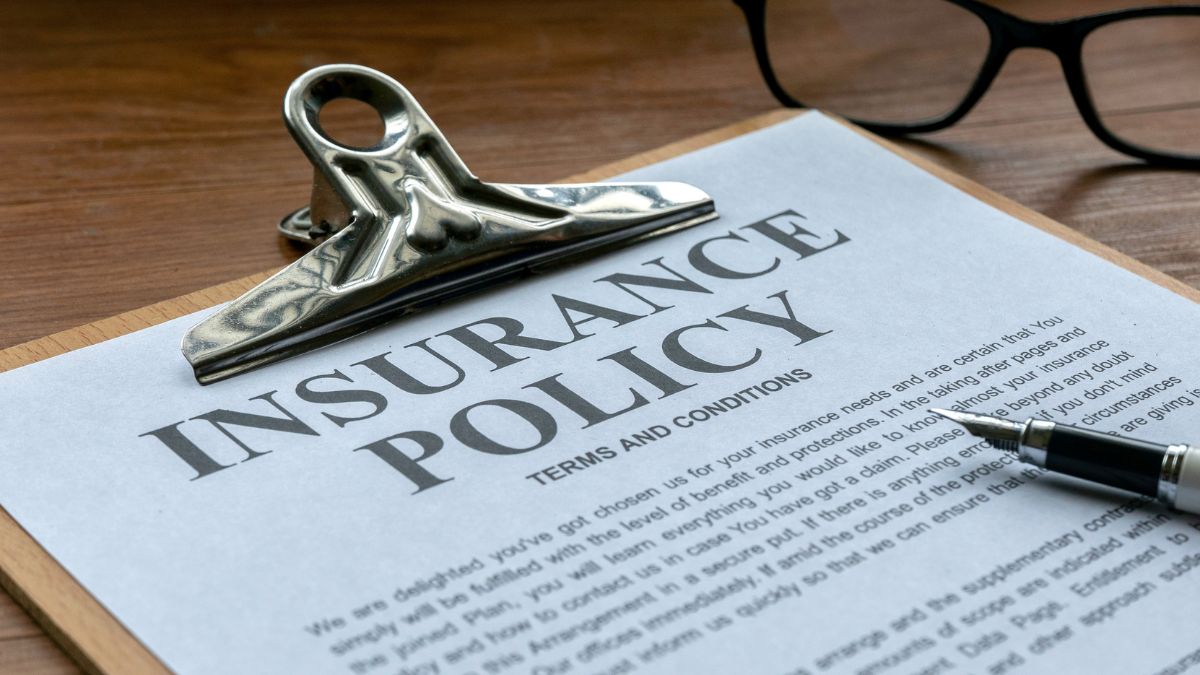
Starting a power washing business comes with excitement, opportunity—and risk. Whether you’re working on someone’s home, a commercial storefront, or a high-rise property, one accident could wipe out your savings or even shut your business down. That’s why having the right insurance coverage before your first job is not optional—it’s essential. 🧼⚖️
In this article, we’ll break down the types of insurance you need as a new power washing business owner, how to shop for the best policies, and what to look for in the fine print. Let’s protect your business the smart way. 💼🔒
🧯 Why Insurance Is Non-Negotiable
Here’s what can go wrong on a typical power washing job:
- You crack a window with high pressure
- Your bleach mix damages a customer’s plants
- A client slips on wet concrete after you’ve cleaned it
- Your hose leaks and floods a basement
- Your trailer gets stolen with $5,000 of gear inside
Without insurance, you’re personally liable for all damages. That means your income, savings, vehicle, or even home could be at risk in a lawsuit. 😨
Also, many clients—especially commercial ones—require proof of insurance before they’ll hire you.
🛡️ The 5 Key Types of Insurance for Power Washing Businesses
Let’s break down the most important coverage options:
1. General Liability Insurance (non-negotiable) 💥
This is the core policy every power washing business needs. It protects you if you cause:
- Property damage
- Bodily injury to a client or bystander
- Legal defense costs if you’re sued
✅ Example: You accidentally damage siding while soft washing. This policy covers the repair or replacement costs.
💵 Coverage Amount: Aim for $1 million per occurrence / $2 million aggregate
📈 Cost: $500–$1,500/year depending on size, location, and revenue
2. Commercial Auto Insurance 🚐
If you use a van or truck for your business (which you likely do), personal auto insurance will not cover accidents during business use.
✅ Example: You rear-end another car while hauling your trailer to a job site.
📈 Cost: $1,200–$2,500/year depending on driving history, location, and type of vehicle
3. Inland Marine Insurance (aka Equipment Insurance) 🔧
This protects your tools, trailer, and pressure washing gear in case of theft, loss, or damage—even when in transit.
✅ Example: Someone steals your surface cleaner and hose reels off your trailer while you’re at lunch.
📈 Cost: Often bundled with general liability; $200–$600/year
4. Workers’ Compensation Insurance 🦺
If you hire employees, this is legally required in most states. It covers:
- Medical bills for work-related injuries
- Lost wages during recovery
- Legal protection if a worker sues
✅ Example: Your employee slips on a wet driveway and fractures their wrist.
📈 Cost: Varies widely by state and payroll size. Can range from 3%–7% of total payroll.
5. Professional Liability Insurance (optional) 📝
Also known as “Errors & Omissions” insurance, this protects you if a client claims your advice or work caused financial harm, even if no physical damage occurred.
✅ Example: A commercial client claims you used the wrong cleaning method and now their surface needs replacement.
📈 Cost: $300–$800/year (not essential for most startups but worth considering later)
🕵️ How to Shop for Insurance Like a Pro
Here’s what to do when you’re ready to get quotes:
🗂️ 1. Gather Your Business Info
- Business name and structure (LLC, sole proprietor, etc.)
- Location and service areas
- Equipment list and estimated value
- Revenue projections
- Payroll info (if you have employees)
🌐 2. Compare Quotes from Multiple Providers
- Use independent brokers who specialize in small business or contractor coverage
- Request custom packages that combine general liability + inland marine
- Avoid policies that don’t list power washing or exterior cleaning as a covered activity
Trusted providers to check out:
- Next Insurance
- Hiscox
- Thimble
- CoverWallet
- State Farm
- Erie Insurance (local agents)
🧠 Pro Tip: Always read the exclusions. Some policies don’t cover roof washing or chemical usage unless specified.
🧾 What Should Be Included in Your Certificate of Insurance (COI)?
Once you’re insured, clients will ask for your COI. Here’s what it should list:
- Your business name (must match your LLC or DBA)
- Policy types and coverage amounts
- Expiration dates
- Insurance company contact
- Additional insured section (some clients require this)
Save a PDF copy and keep it on your phone. 💼📲
🧊 Seasonal Tips: Don’t Forget Off-Season Coverage
Even if you don’t work in the winter, you may still need:
- Garage keepers or storage insurance (if your gear is kept off-site)
- Trailer protection from weather or theft
- Reduced-rate liability for inactive months (ask about seasonal policies)
Cancelling your policy to “save money” often resets your rates or history, so look into downgrading instead of terminating.
⚠️ Insurance Pitfalls to Avoid
- ❌ Using personal auto insurance for a business vehicle
- ❌ Letting policies lapse between seasons
- ❌ Not listing employees on workers’ comp
- ❌ Underinsuring your equipment
- ❌ Buying coverage without checking what’s excluded
💬 Real-Life Example
Mike, a new power washer in Georgia, did his first $500 job without insurance. His bleach mix ran off into the neighbor’s yard and killed $1,200 worth of ornamental plants. He had to pay out of pocket—and now pays $900/year for liability. Lesson learned.
💡 Final Thoughts
Insurance might feel like a frustrating expense when you’re just getting started—but it’s really a safety net for your future. With the right coverage in place, you can confidently bid on larger jobs, protect your business from disasters, and sleep a little easier at night.
Don’t wait until something goes wrong. Secure the right policies now—and get back to growing your power washing business. 🧽💼🛡️
Browse Amazon Here For Top Rated Power Washers And Accessories






